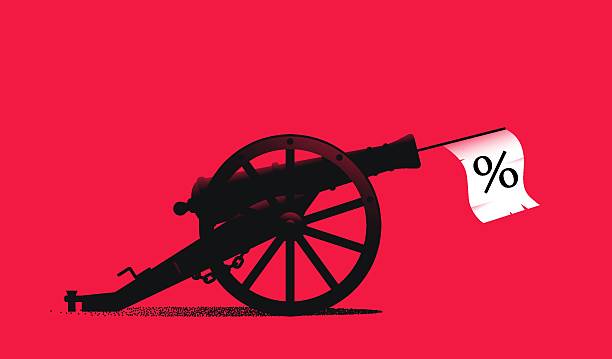In a move that could significantly impact Apple’s global manufacturing strategy, President Donald Trump has threatened to impose a 25% tariff on iPhones unless the company relocates its production to the United States. This development, reported by the Financial Times, comes as Apple intensifies its efforts to diversify its supply chain by expanding manufacturing operations in India.
Trump’s Ultimatum to Apple
On Friday, Trump took to Truth Social to express his dissatisfaction with Apple’s manufacturing decisions, stating that iPhones sold in the U.S. should be produced domestically rather than in countries like India or China. He warned that failure to comply would result in a 25% tariff on iPhones.
This threat follows reports that Apple plans to shift the majority of its iPhone production for the U.S. market to India, aiming to circumvent existing tariffs on Chinese-made goods. Apple’s key supplier, Foxconn, is investing $1.5 billion to expand operations in India, including a display module assembly facility near Chennai.
Apple’s Strategic Shift to India
Apple’s move to expand its manufacturing footprint in India is part of a broader strategy to reduce reliance on China amid escalating trade tensions and supply chain disruptions. In 2024, India accounted for 18% of global iPhone production, with expectations to reach 32% in 2025.
The Indian government’s Production-Linked Incentive (PLI) scheme has played a significant role in attracting Apple’s investment, offering financial incentives to boost local manufacturing. This initiative aligns with Prime Minister Narendra Modi’s “Make in India” campaign, which aims to transform the country into a global manufacturing hub.
Economic Implications of Tariffs
Trump’s proposed tariffs could have far-reaching economic consequences. Analysts estimate that a 25% tariff on iPhones could add approximately $100 to the cost of each device, potentially leading to higher prices for consumers or reduced profit margins for Apple.
Moreover, replicating Apple’s complex supply chain in the U.S. would be a formidable challenge, requiring significant investment and time. Experts suggest that building the necessary infrastructure domestically could take years and cost tens of billions of dollars.
Market Reaction and Future Outlook
Following Trump’s announcement, Apple’s stock fell by approximately 2.5% in New York trading on Friday. This decline reflects investor concerns about the potential impact of tariffs on the company’s profitability and supply chain stability.
Despite these challenges, Apple remains committed to its expansion in India. The company plans to manufacture all of the 60 million iPhones sold annually in the U.S. from India by the end of next year.
Trump’s tariff threat underscores the complexities of global supply chains and the challenges companies face in navigating geopolitical tensions. While Apple’s diversification into India offers a strategic advantage, the potential for increased tariffs and the logistical hurdles of reshoring production to the U.S. present significant obstacles.
As trade negotiations continue, Apple’s ability to adapt its manufacturing strategy will be crucial in maintaining its market position and meeting consumer demand.


